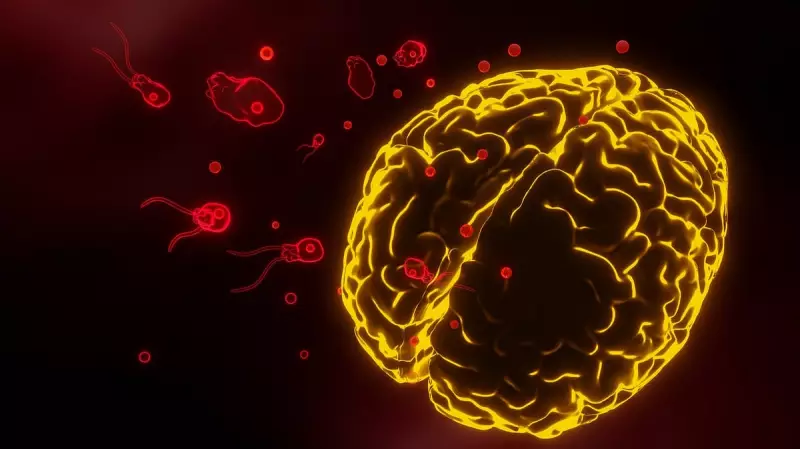
THIRUVANANTHAPURAM: Kerala is grappling with a severe health emergency as four confirmed deaths from Primary Amoebic Meningoencephalitis (PAM) have been reported within a startling five-day period, sending shockwaves through the state's medical community.
Rapid Succession of Tragedies
The alarming cluster of cases began when a 13-year-old girl from Kannur district succumbed to the rare brain infection on June 25. The tragedy deepened when a 12-year-old girl from Kozhikode passed away just one day later on June 26. The deadly pattern continued with two additional fatalities reported in quick succession, creating what health officials describe as an "unprecedented situation" for the state.
Understanding the Deadly Threat
Primary Amoebic Meningoencephalitis is caused by Naegleria fowleri, commonly known as the 'brain-eating amoeba.' This microscopic organism typically thrives in warm freshwater bodies including:
- Lakes, rivers, and ponds
- Poorly maintained swimming pools
- Contaminated tap water
- Thermal springs and warm industrial discharge
Infection occurs when contaminated water enters the body through the nose, allowing the amoeba to travel to the brain and destroy brain tissue. The disease progresses rapidly and has an extremely high fatality rate.
Health Department's Urgent Response
Kerala's Health Department has activated emergency protocols and issued critical safety guidelines to prevent further infections:
- Avoid swimming in freshwater bodies during warm weather
- Use nose clips when entering any freshwater source
- Ensure proper chlorination of swimming pools and water tanks
- Seek immediate medical attention for symptoms like severe headache, fever, and vomiting after water exposure
Medical Community on High Alert
Healthcare facilities across affected districts have been placed on high alert, with special monitoring teams deployed to track potential cases. "The clustering of cases in such a short timeframe is highly unusual and concerning," stated a senior health official who requested anonymity.
Medical experts emphasize that early detection is crucial, though treatment options remain limited for this devastating infection. The rapid progression of the disease often means patients reach critical stages before diagnosis.
Climate Connection and Future Concerns
Health authorities note that rising temperatures and changing climate patterns may be contributing to the increased prevalence of Naegleria fowleri in water bodies. The current outbreak has prompted calls for enhanced water quality monitoring and public awareness campaigns, particularly as Kerala enters its monsoon season when water-related activities typically increase.
The state government has assured citizens that all necessary measures are being implemented to contain the outbreak and prevent additional fatalities.





